Nobel Prize in Physics
Overview
The Nobel Prize in Physics is an international award given annually by the Royal Swedish Academy of Sciences to scientists who have made the most outstanding contributions to the field of physics. The prize is one of the six Nobel Prizes established by the will of inventor Alfred Nobel in 1895, and it has been awarded since 1901. The recipients of the Nobel Prize in Physics are selected by the Nobel Committee for Physics, a group of five members elected by The Royal Swedish Academy of Sciences.^[1^]
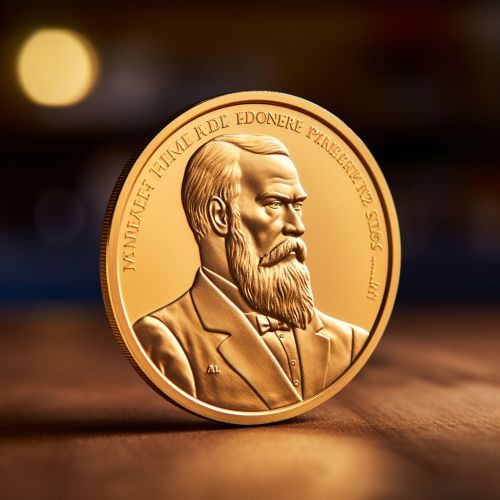
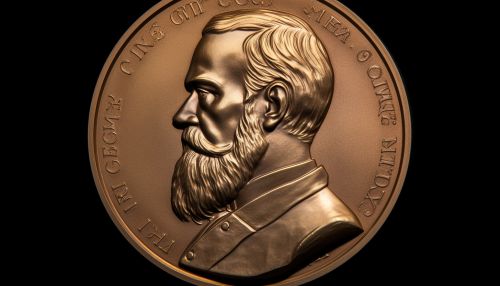
History
The Nobel Prize in Physics was first awarded in 1901 to Wilhelm Conrad Röntgen, a German physicist, for his discovery of X-rays. The prize has since been awarded 113 times to 213 laureates between 1901 and 2020.^[2^] The youngest laureate in Physics to date is Lawrence Bragg, who won the award in 1915 at the age of 25. The oldest laureate to receive the prize was Leonid Hurwicz, who was 90 years old when he received the prize in 2007.^[3^]
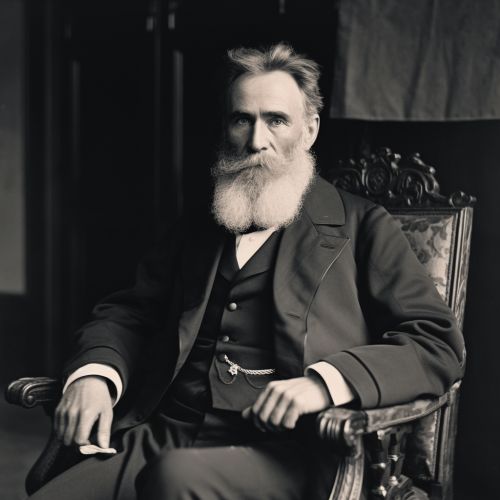
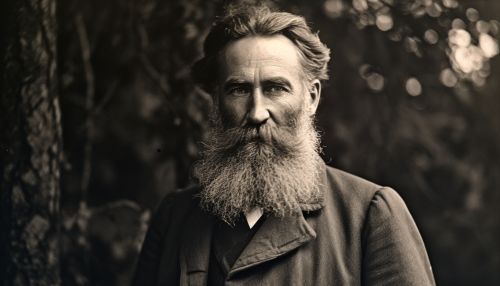
Selection Process
The selection process for the Nobel Prize in Physics begins with the submission of nominations by eligible nominators. The nominators are selected by the Nobel Committee and include Swedish and foreign members of the Royal Swedish Academy of Sciences, members of the Nobel Committee for Physics, and other qualified individuals. The nominations are then reviewed by the Nobel Committee, which prepares a shortlist of the most deserving candidates. The final decision is made by the Royal Swedish Academy of Sciences.^[4^]
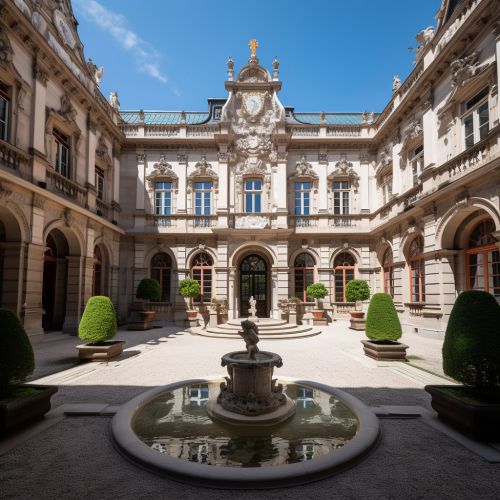
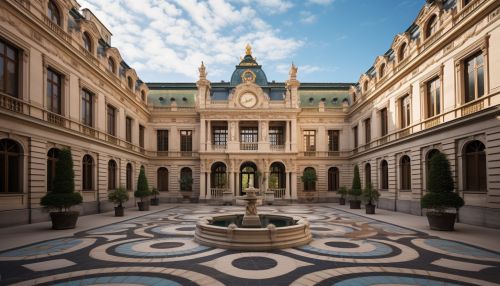
Notable Laureates
Over the years, the Nobel Prize in Physics has been awarded to many notable scientists. Some of these include Albert Einstein, who received the prize in 1921 for his explanation of the photoelectric effect, and Marie Curie, who received the prize in 1903 for her research on radiation. Other notable laureates include Richard Feynman, who received the prize in 1965 for his contributions to the development of quantum electrodynamics, and Stephen Hawking, who received the prize in 1979 for his work on black holes.^[5^]
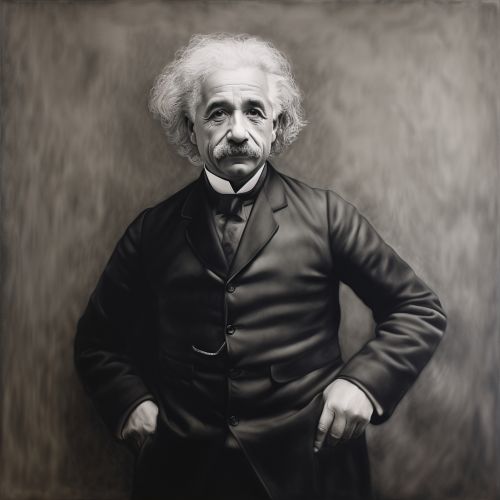
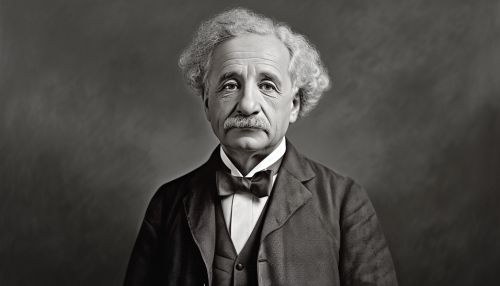
Controversies
Despite its prestige, the Nobel Prize in Physics has been the subject of several controversies. One of the most notable controversies involved the 1921 prize awarded to Albert Einstein. The award was initially delayed due to opposition from members of the Royal Swedish Academy of Sciences, who disagreed with Einstein's theory of relativity. The prize was eventually awarded to Einstein in 1922. Another controversy involved the 1974 prize awarded to Antony Hewish and Martin Ryle, but not to their collaborator Jocelyn Bell Burnell, who was the first to observe the pulsars that the prize was awarded for.^[6^]
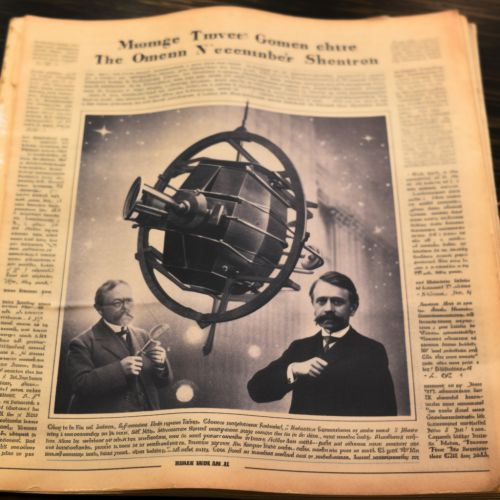
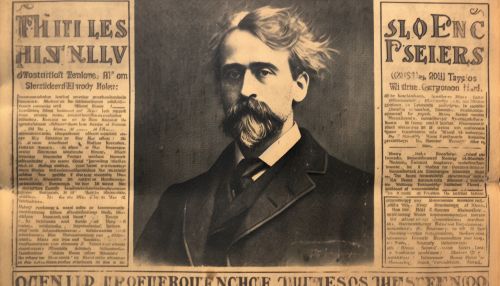
Impact
The Nobel Prize in Physics has had a significant impact on the field of physics and the broader scientific community. The prize has helped to elevate the status of physics as a discipline and has contributed to the recognition and promotion of groundbreaking research. The prize has also played a role in shaping the direction of physics research, as it often rewards theoretical advancements that guide future experimental work.^[7^]
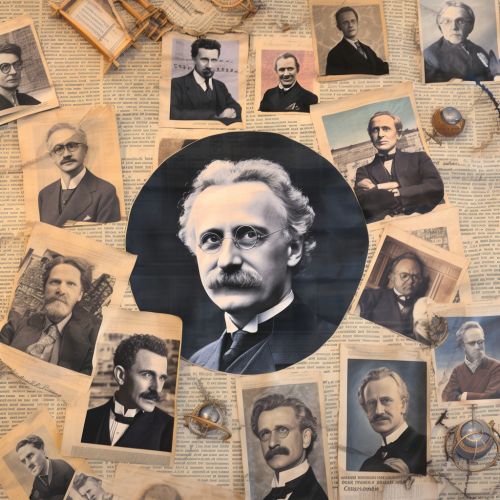
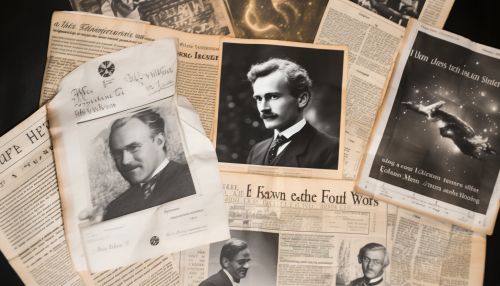
See Also
References
1. "The Nobel Prize in Physics". NobelPrize.org. Nobel Media AB 2021. Web. 7 May 2021. 2. "All Nobel Prizes in Physics". NobelPrize.org. Nobel Media AB 2021. Web. 7 May 2021. 3. "Youngest and Oldest Laureates". NobelPrize.org. Nobel Media AB 2021. Web. 7 May 2021. 4. "The Nomination Process for the Nobel Prize in Physics". NobelPrize.org. Nobel Media AB 2021. Web. 7 May 2021. 5. "Notable Laureates of the Nobel Prize in Physics". NobelPrize.org. Nobel Media AB 2021. Web. 7 May 2021. 6. "Controversies and Criticisms of the Nobel Prize in Physics". NobelPrize.org. Nobel Media AB 2021. Web. 7 May 2021. 7. "The Impact of the Nobel Prize in Physics". NobelPrize.org. Nobel Media AB 2021. Web. 7 May 2021.
